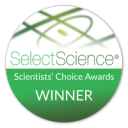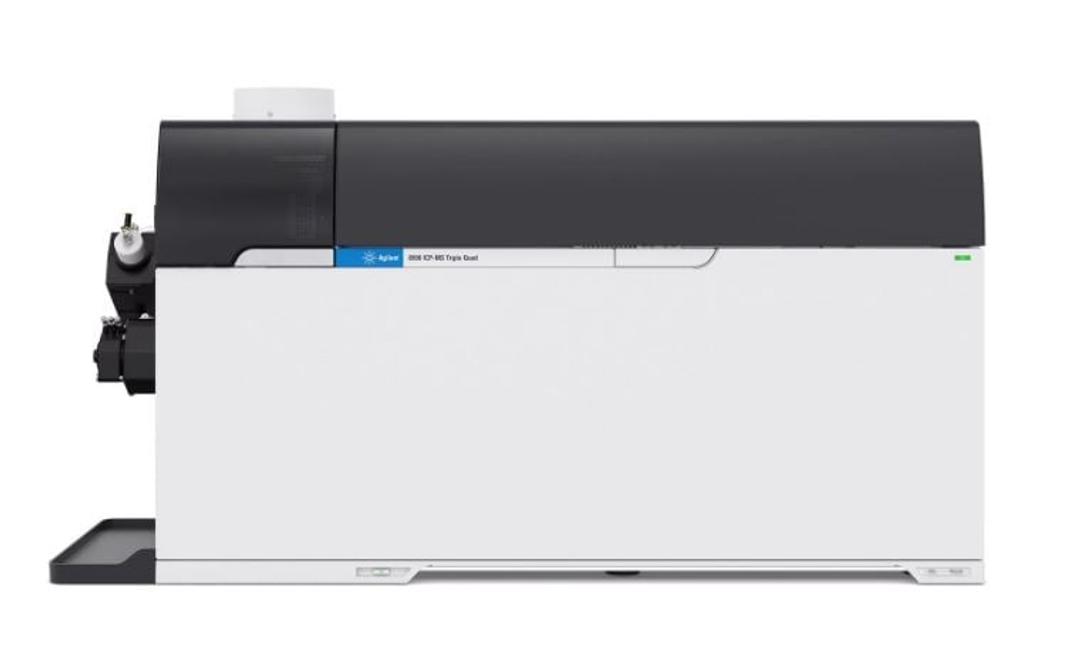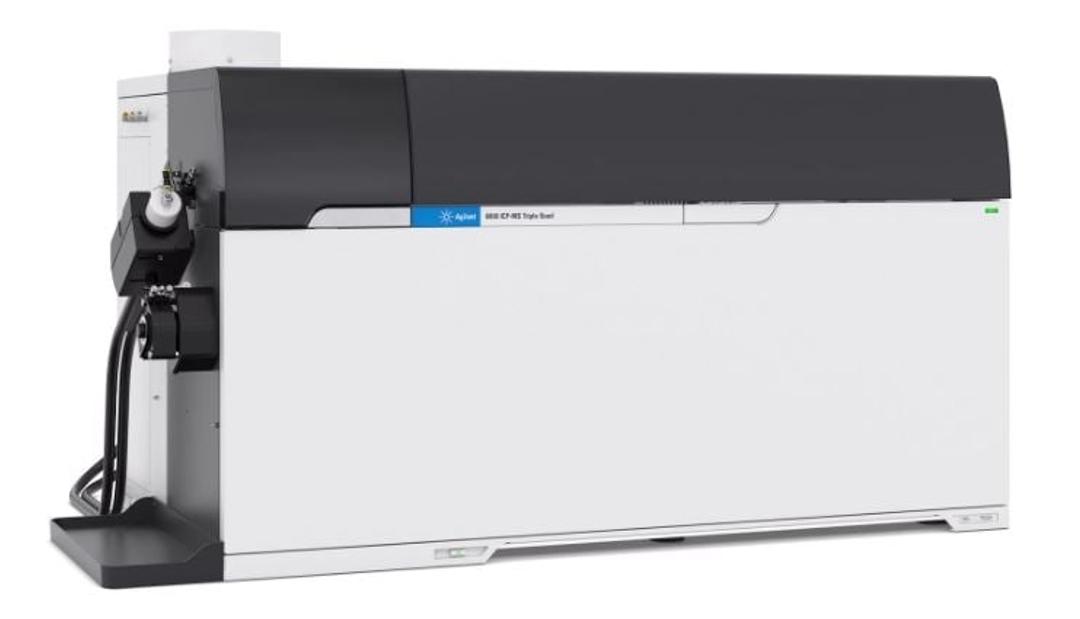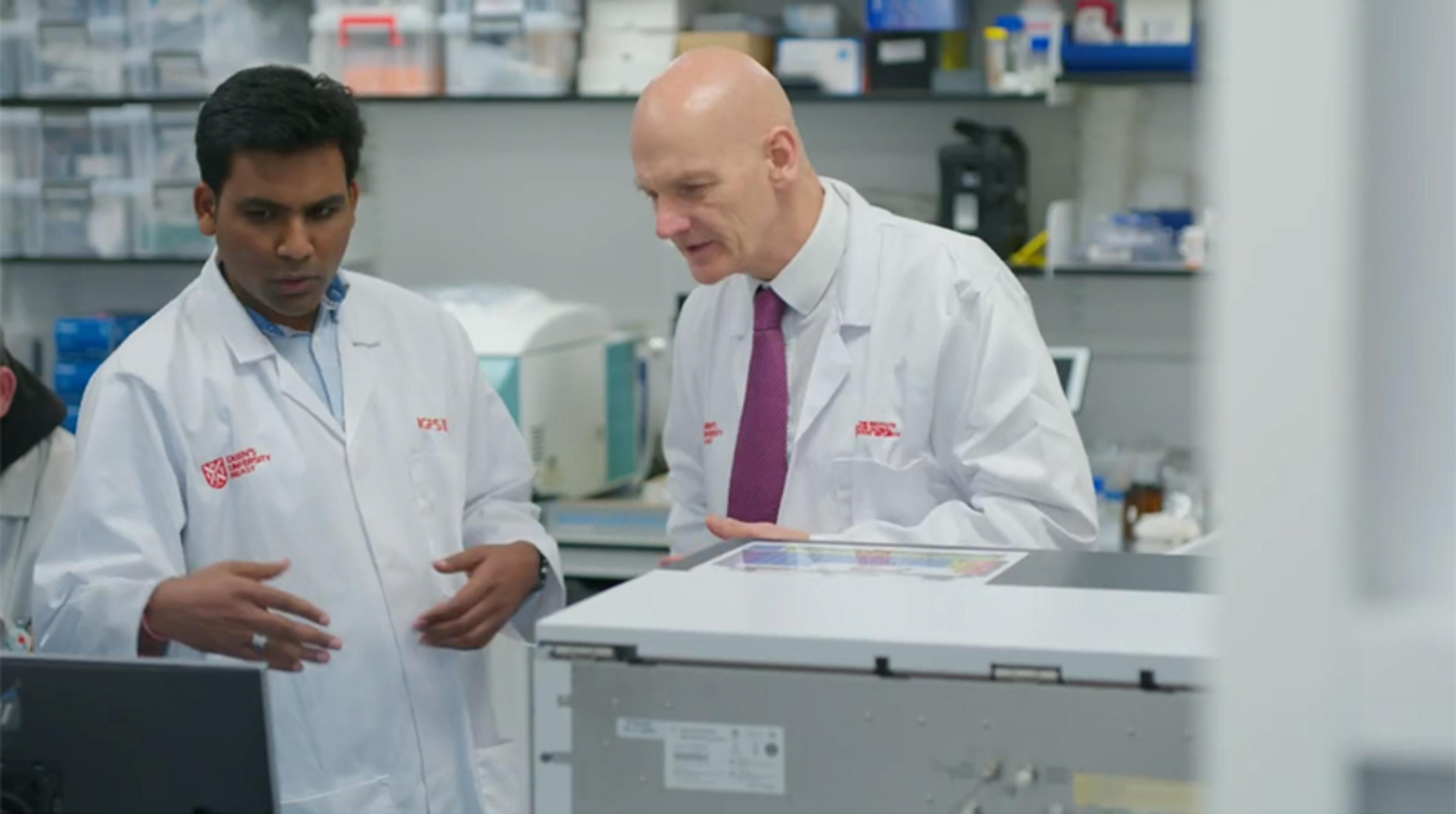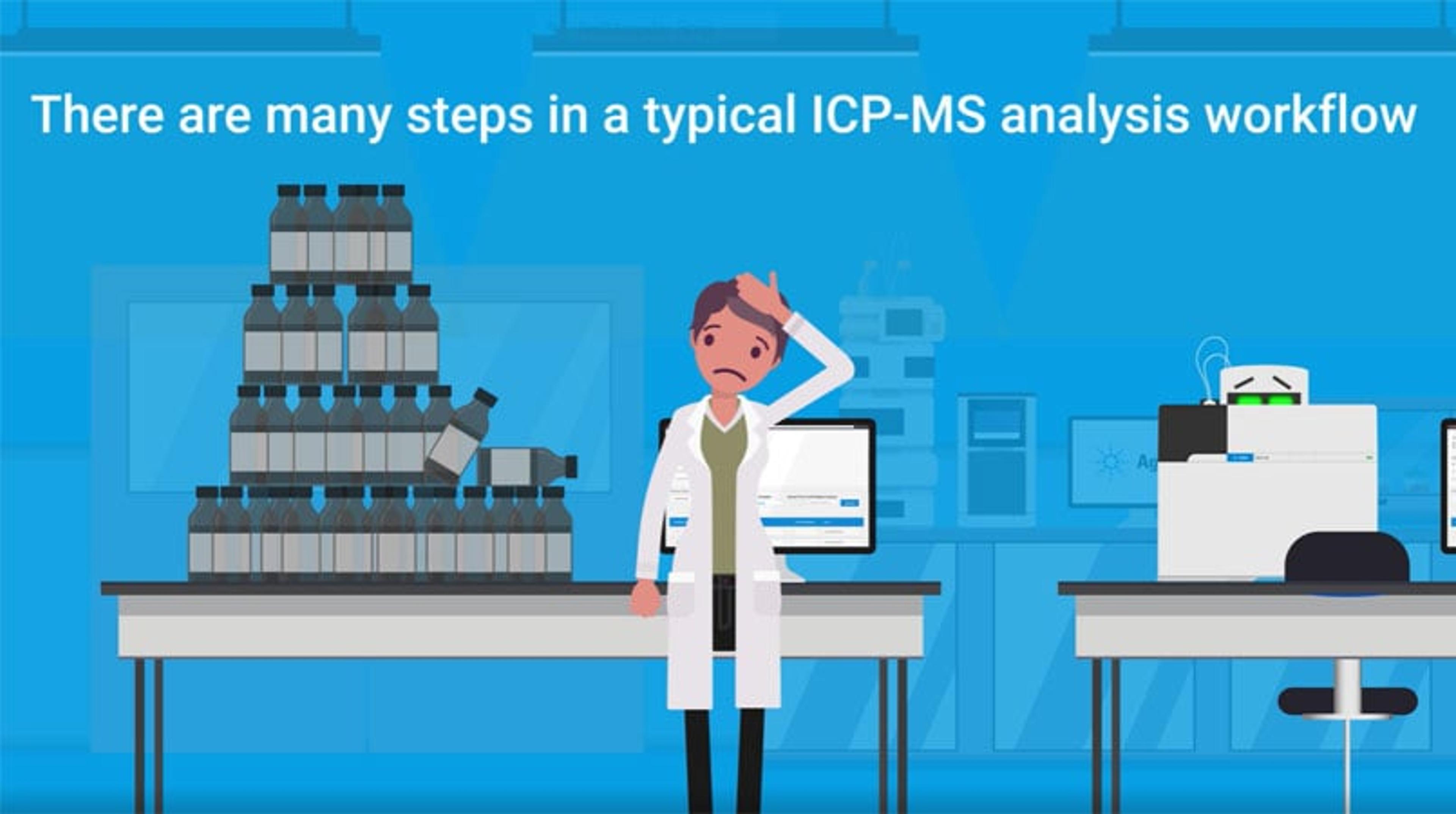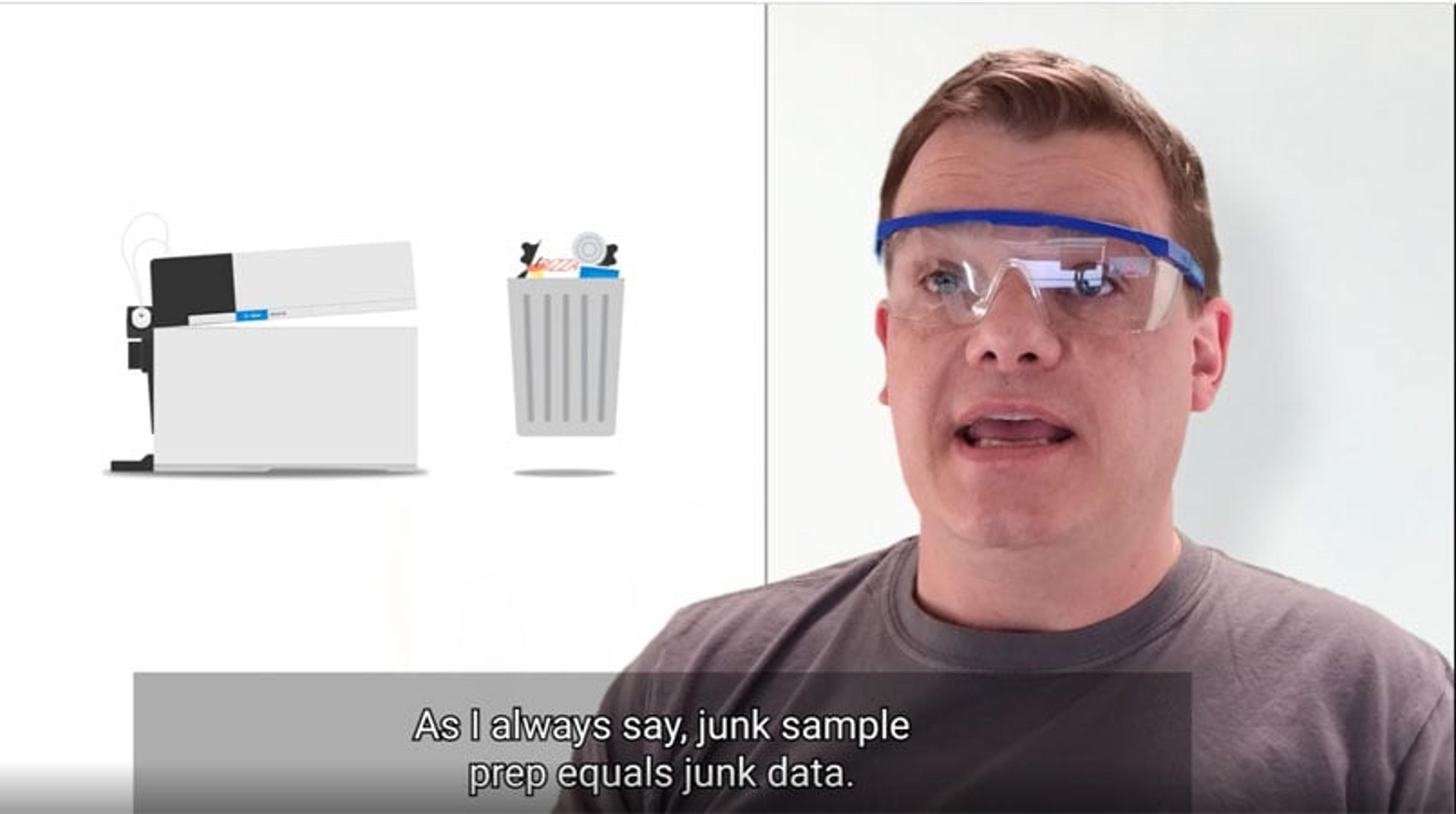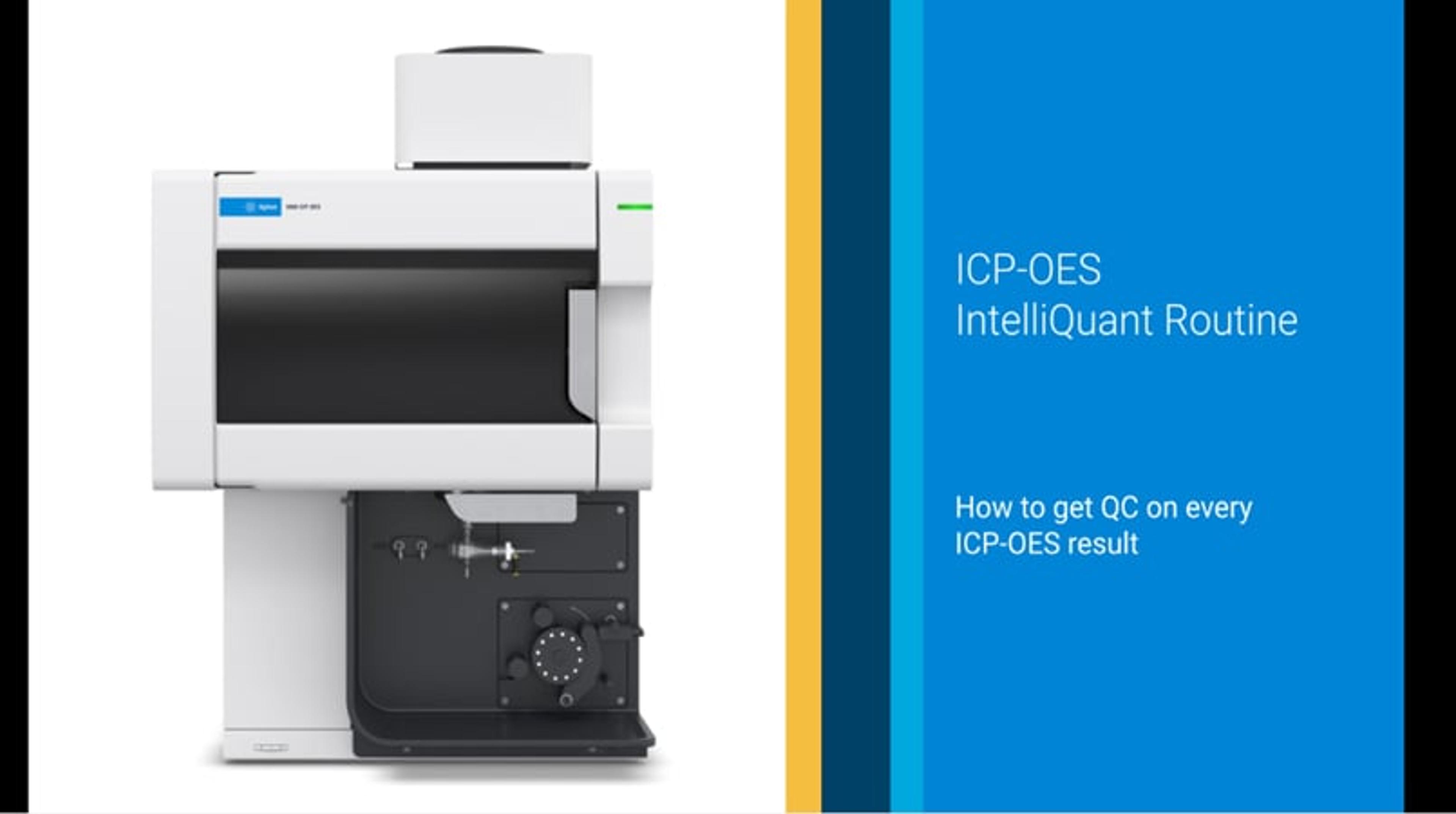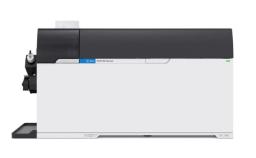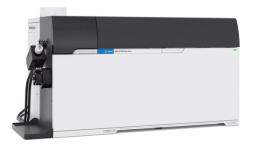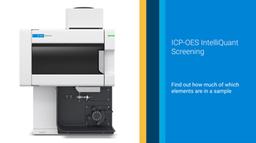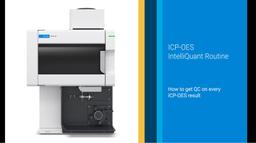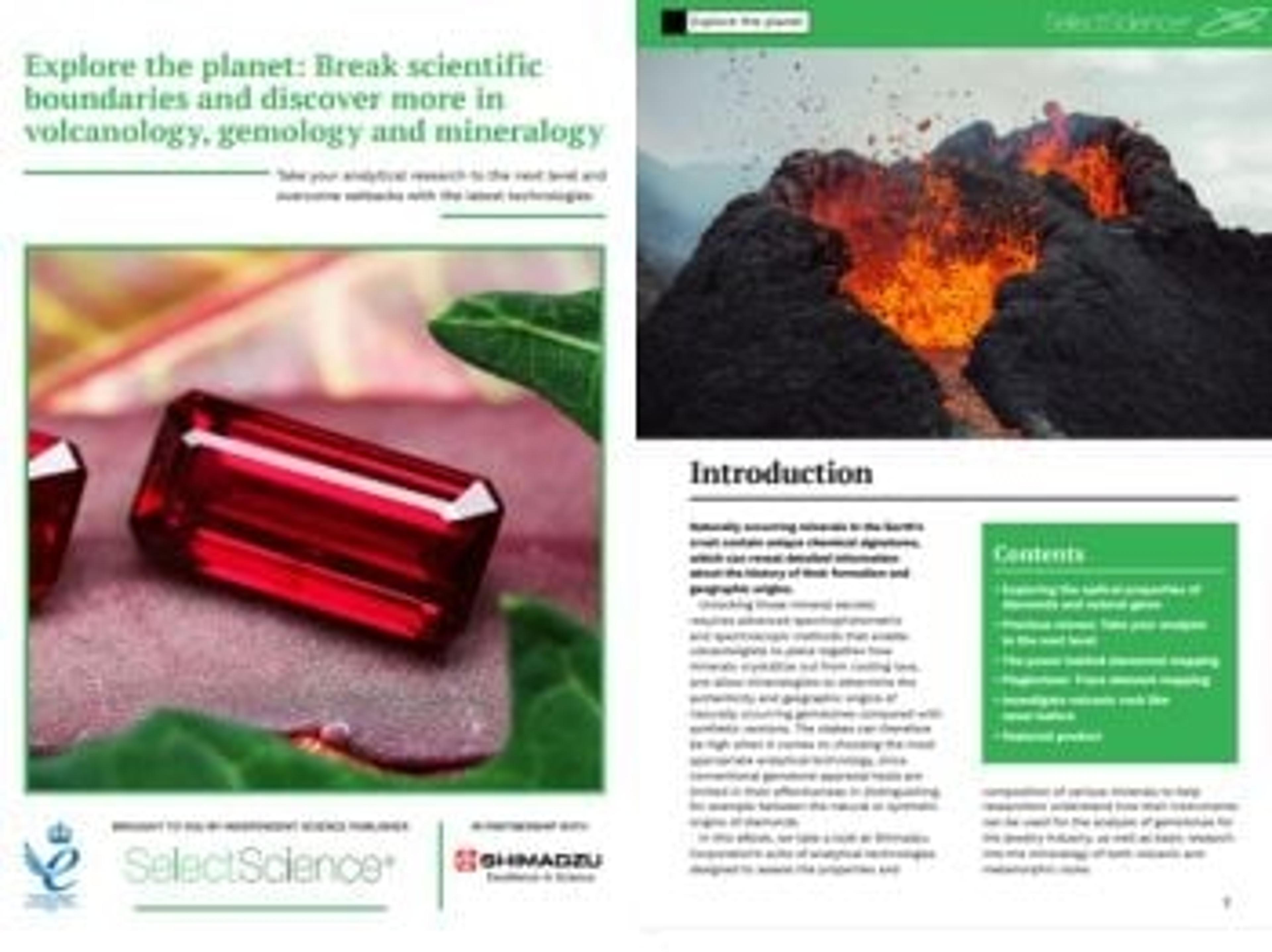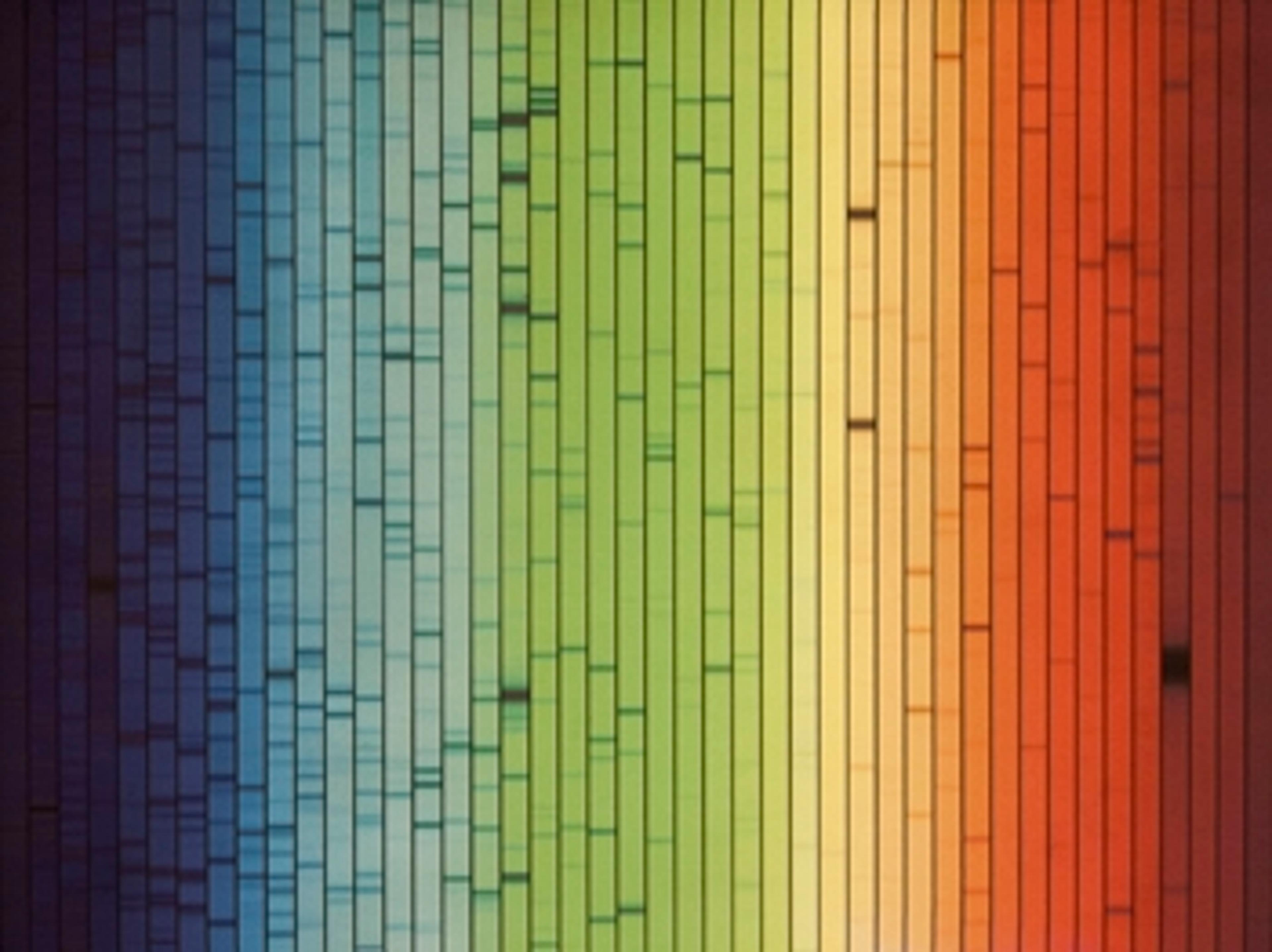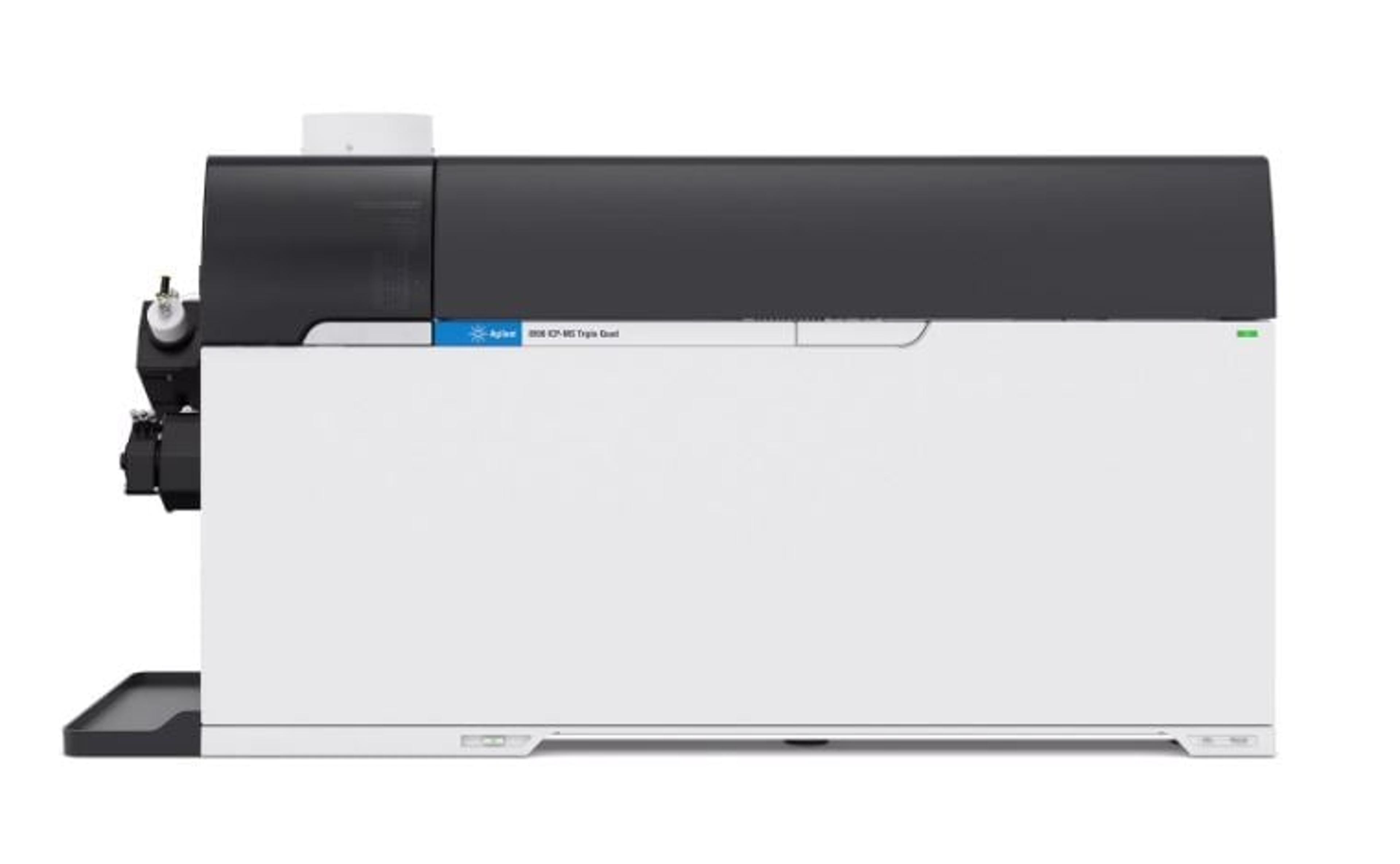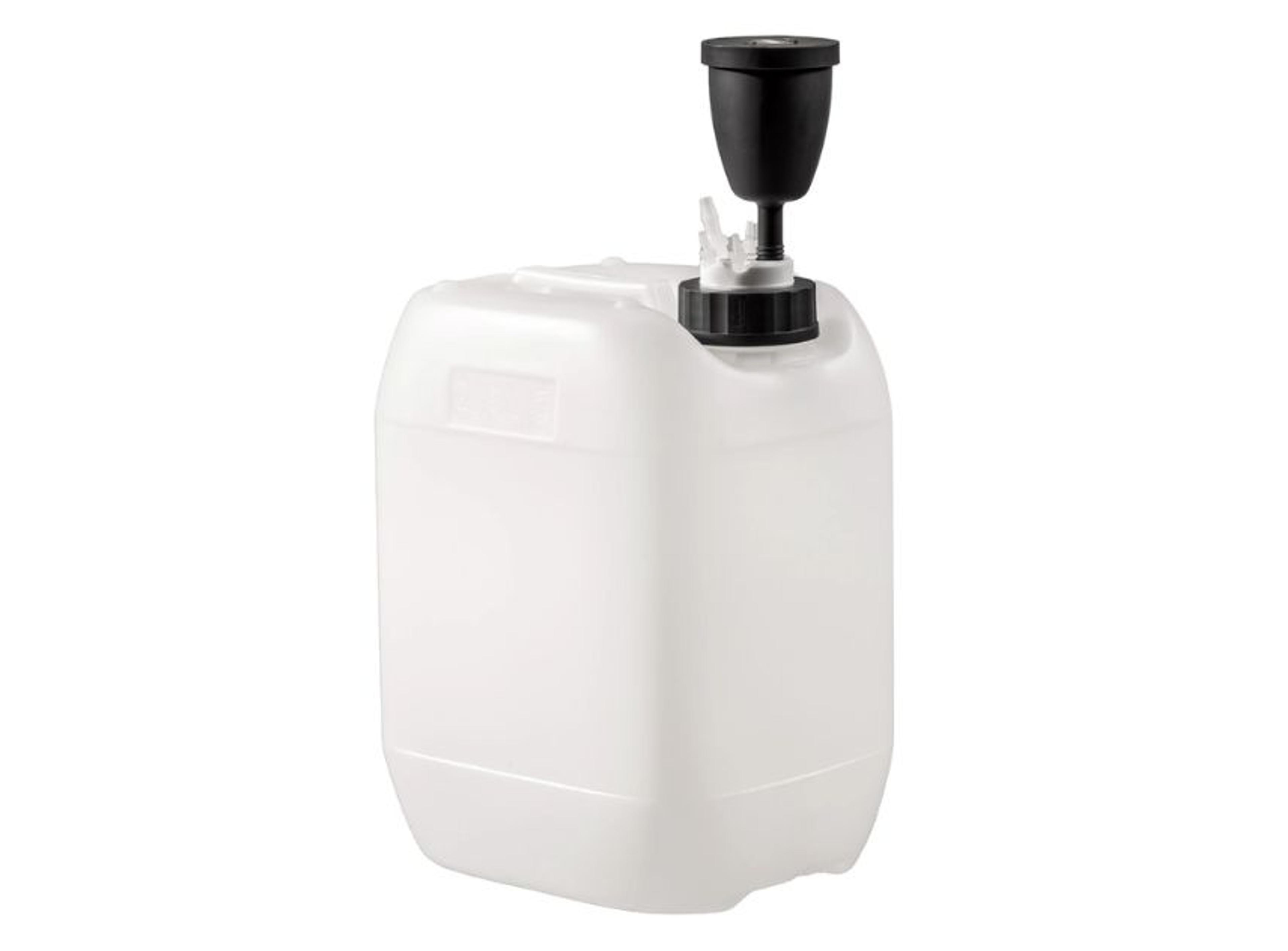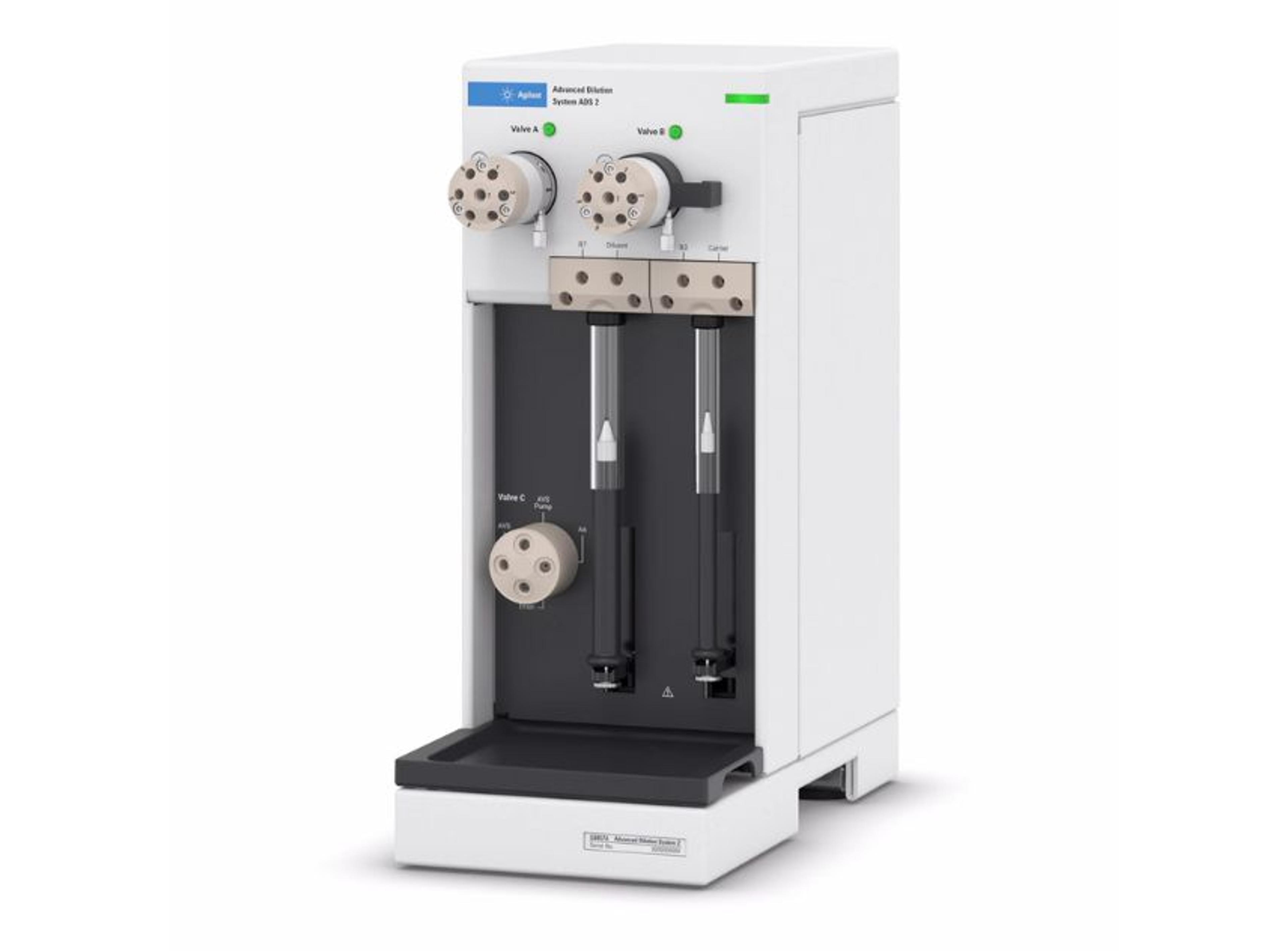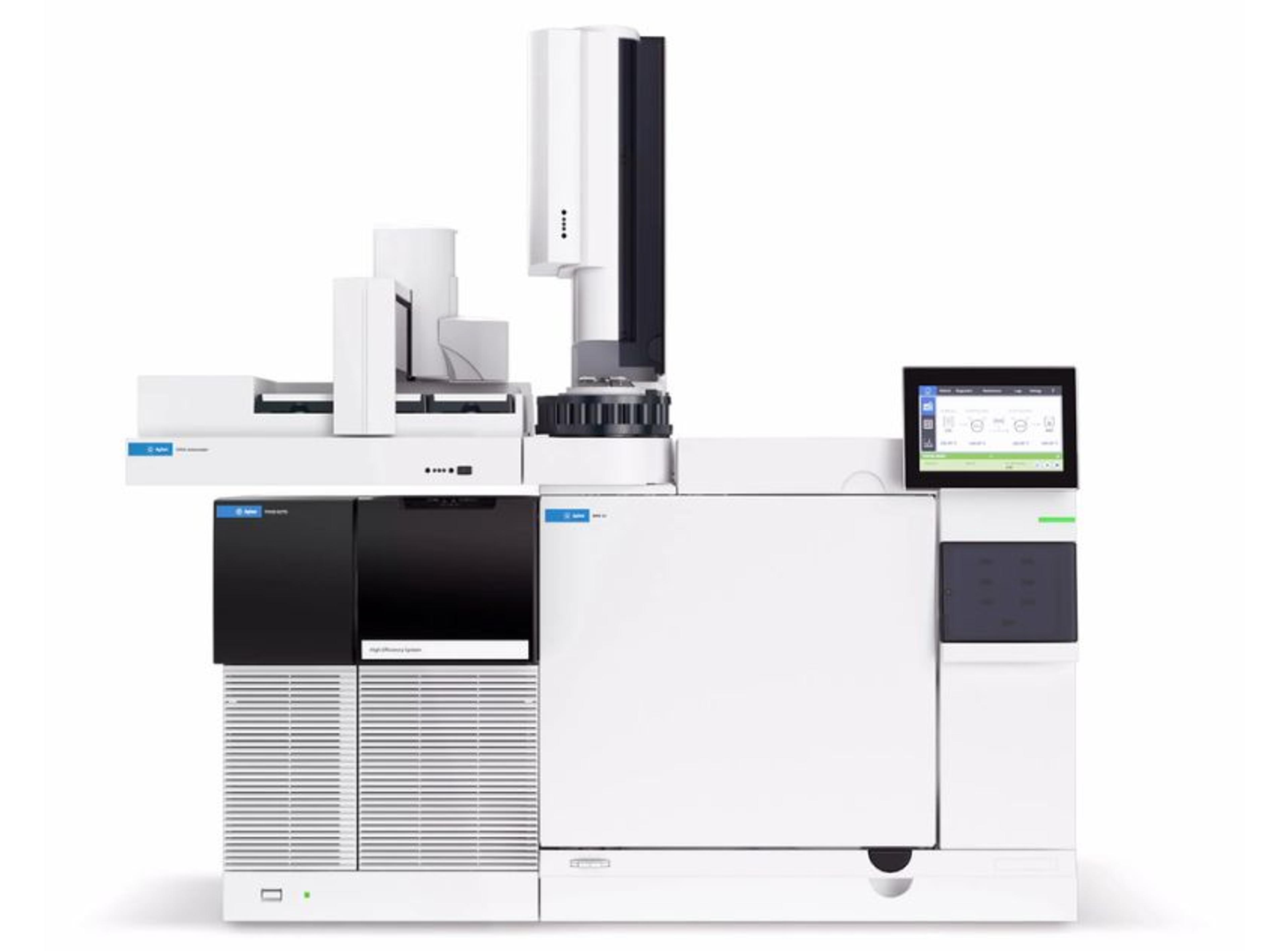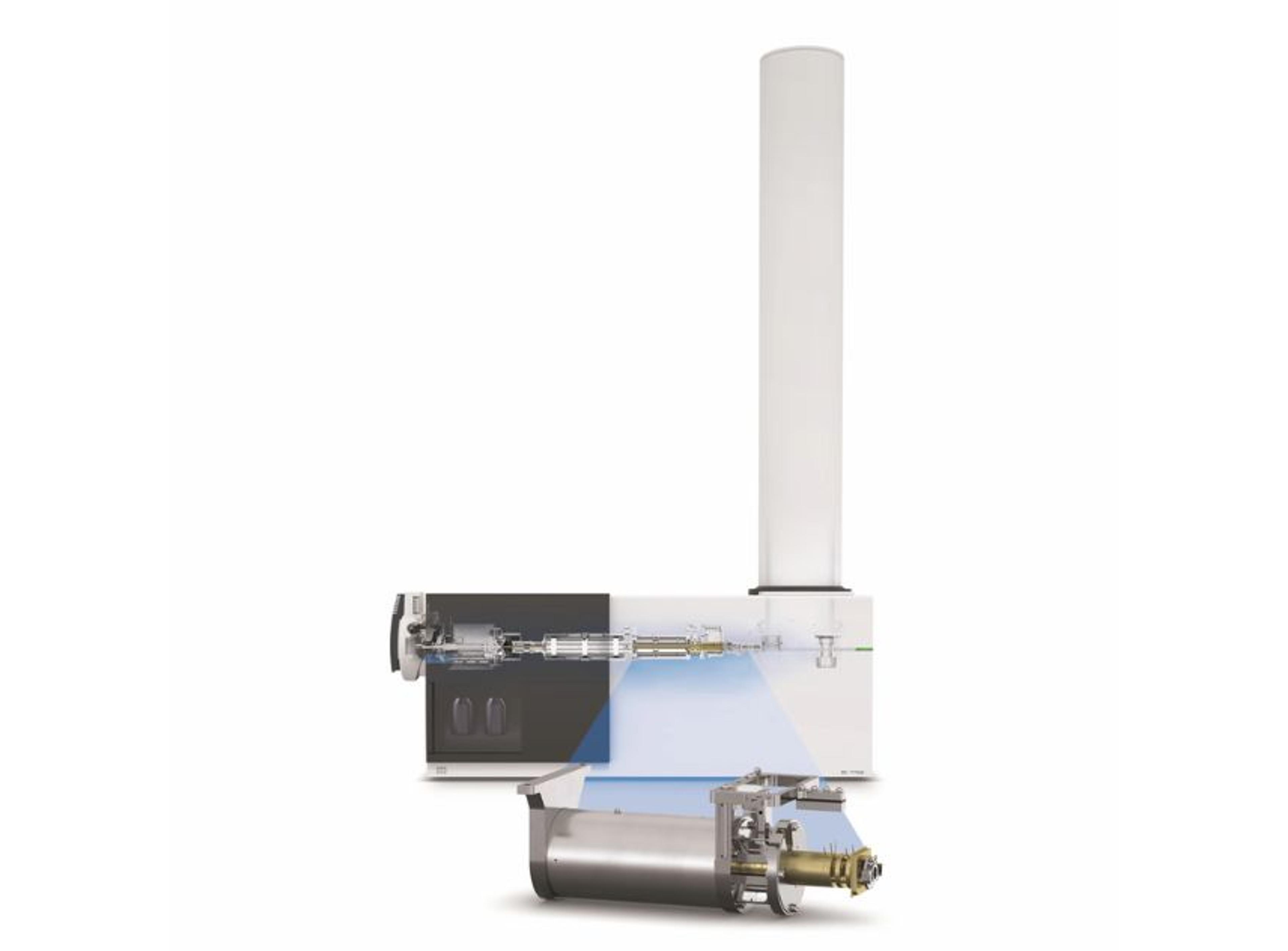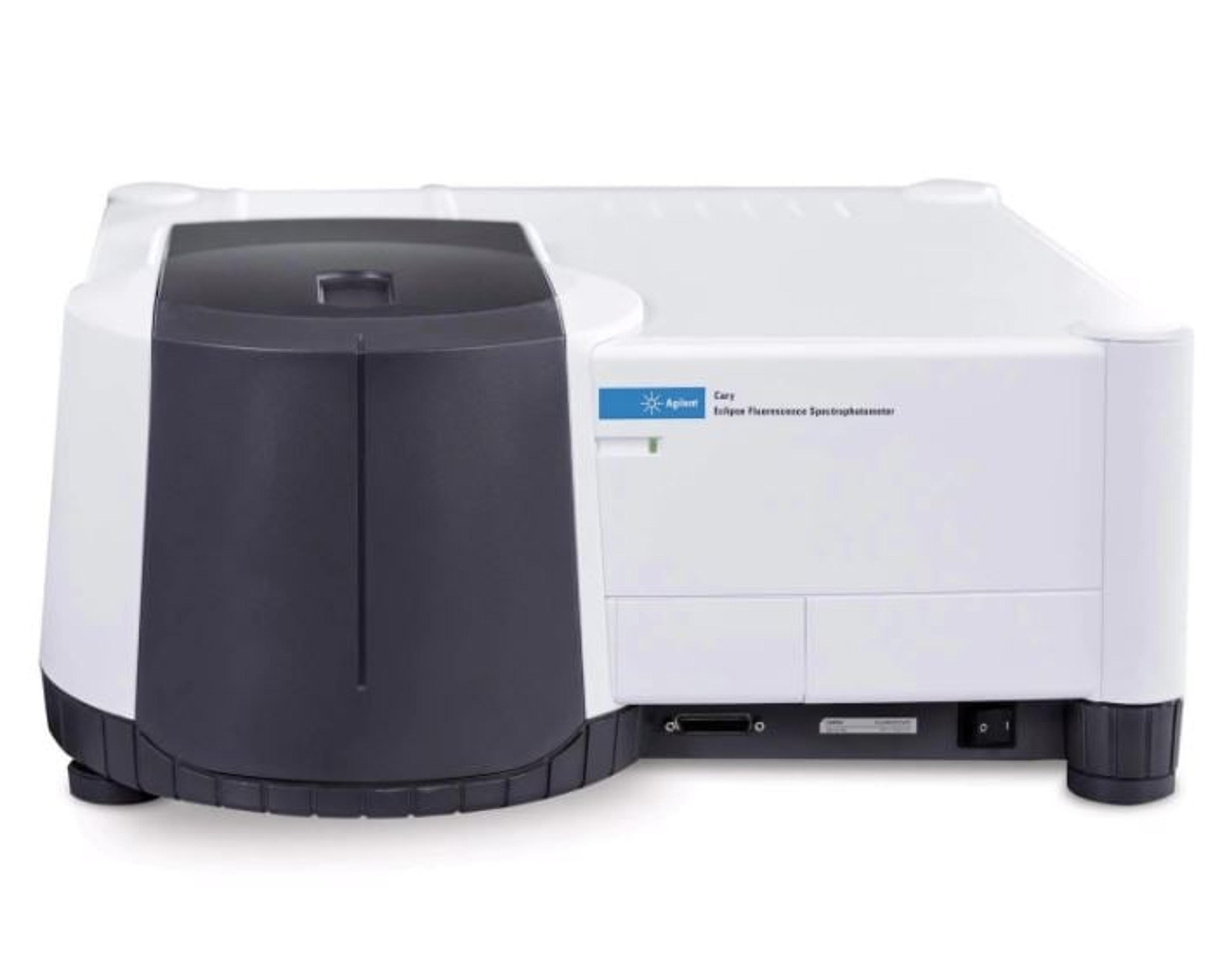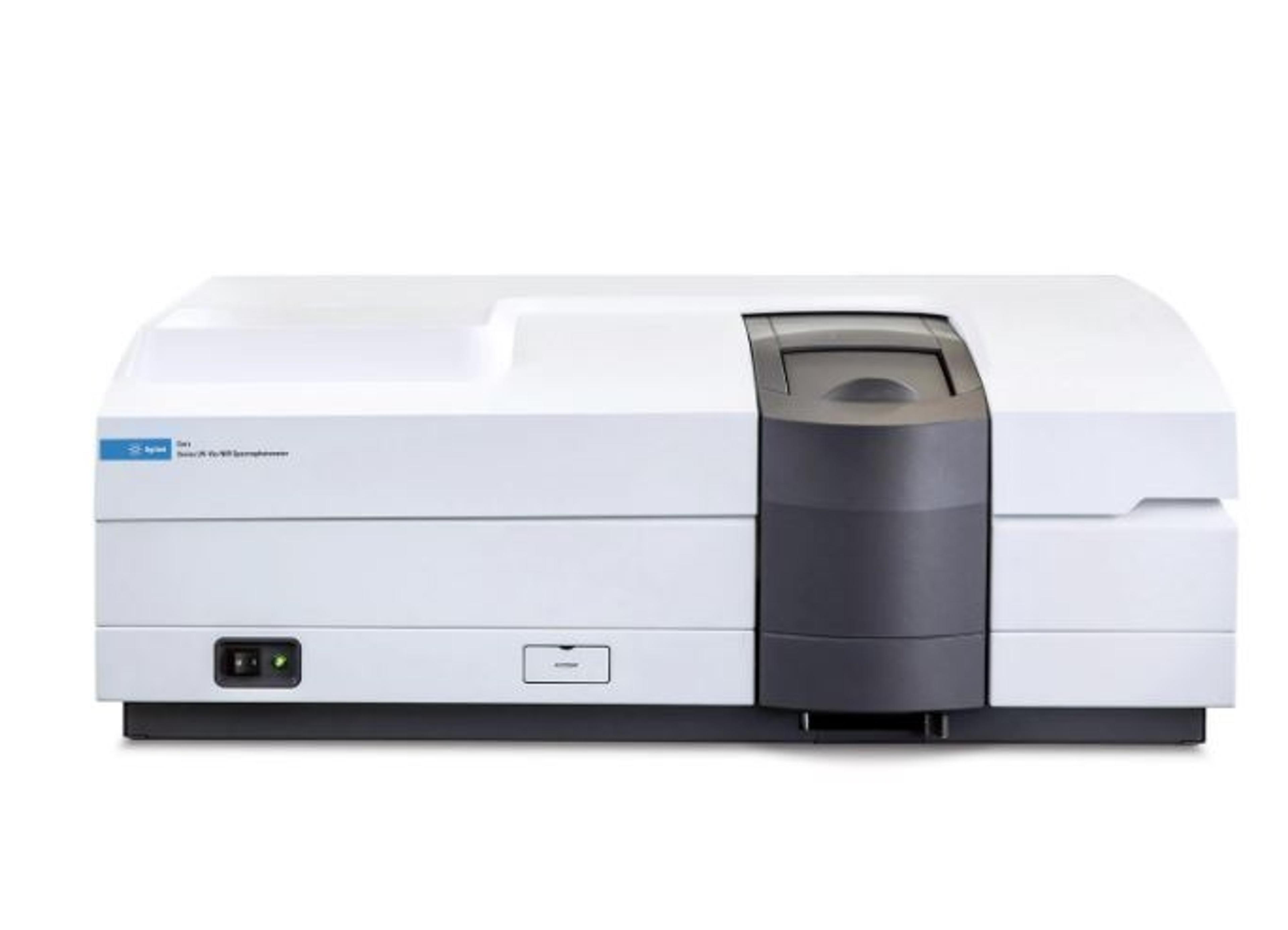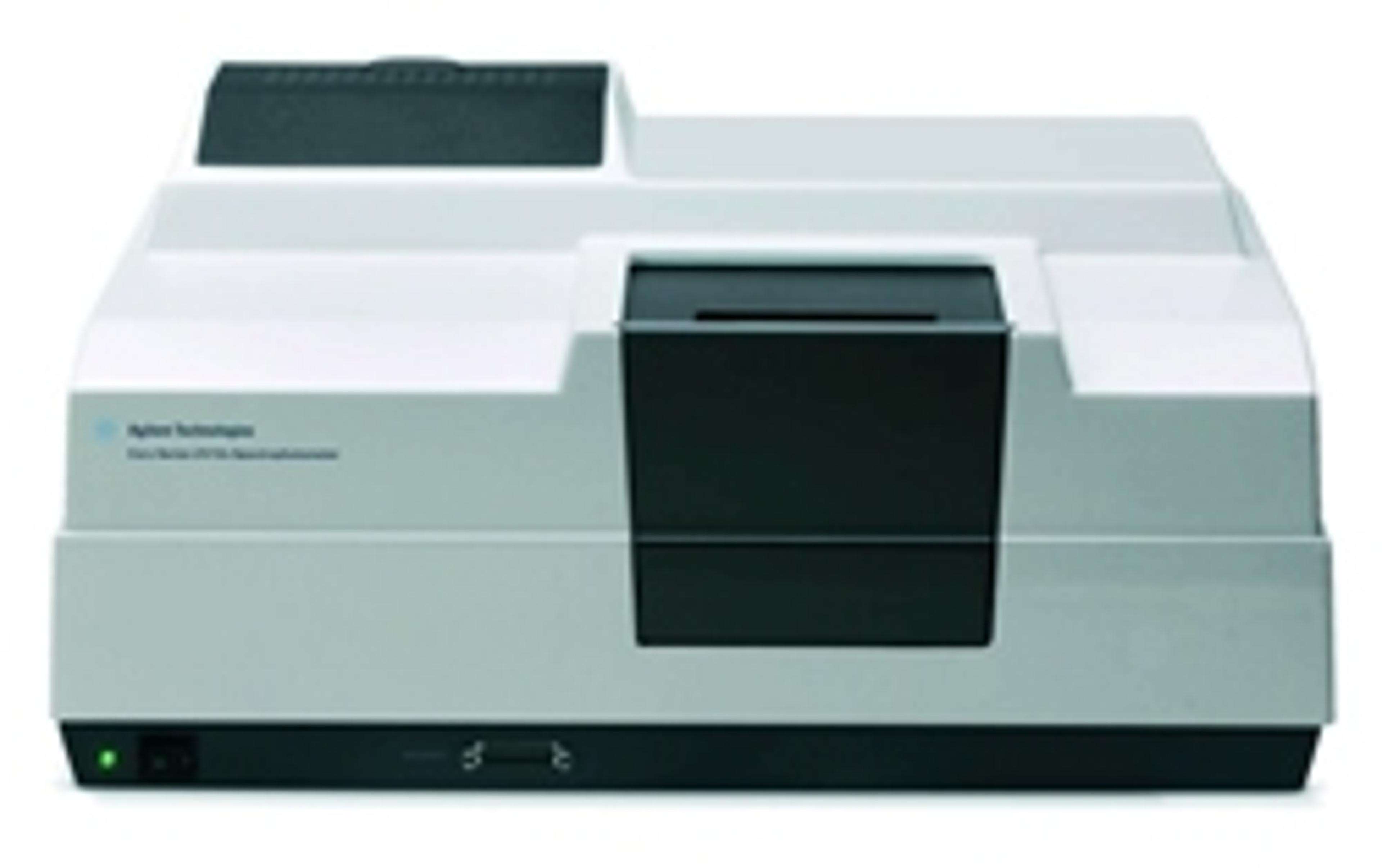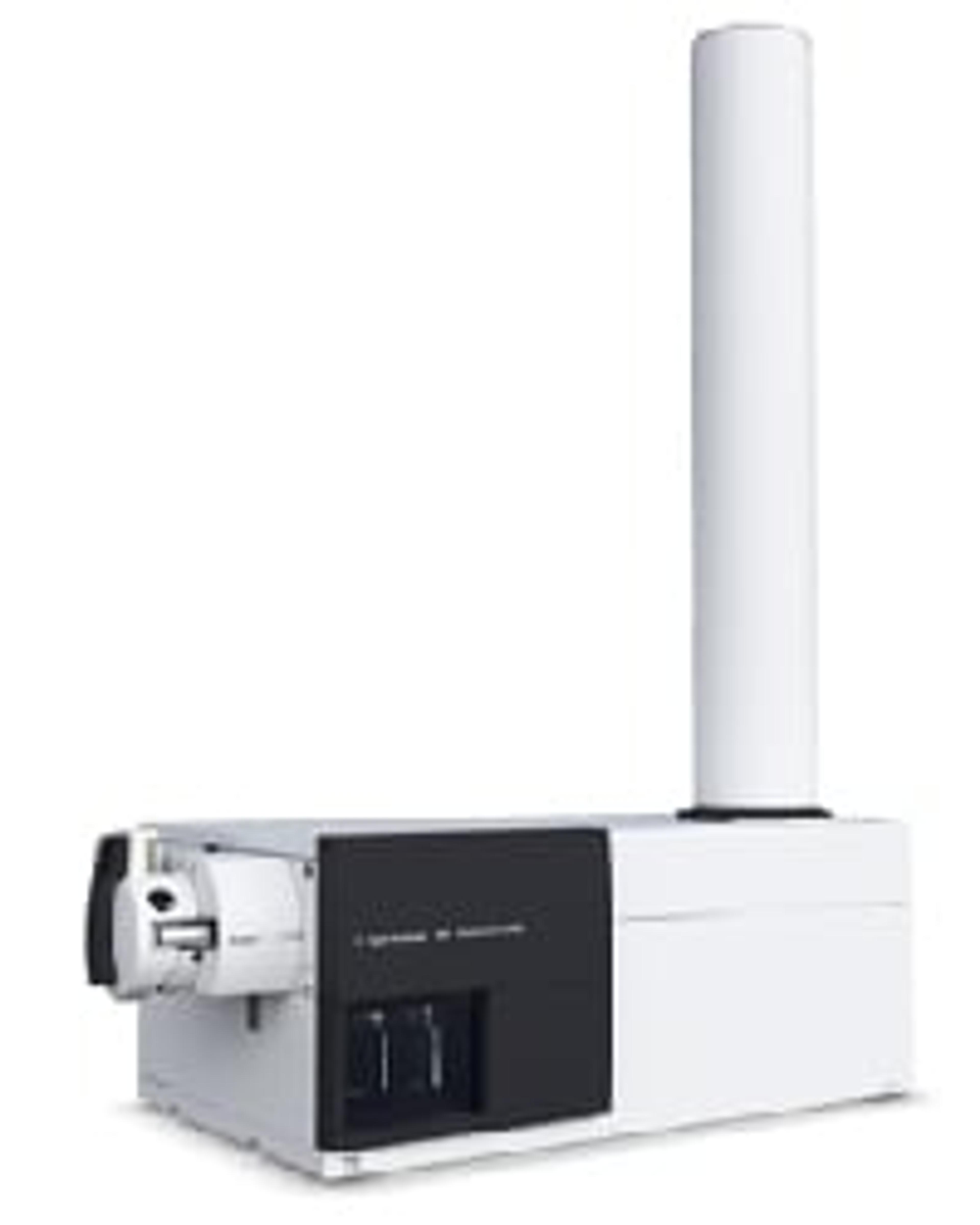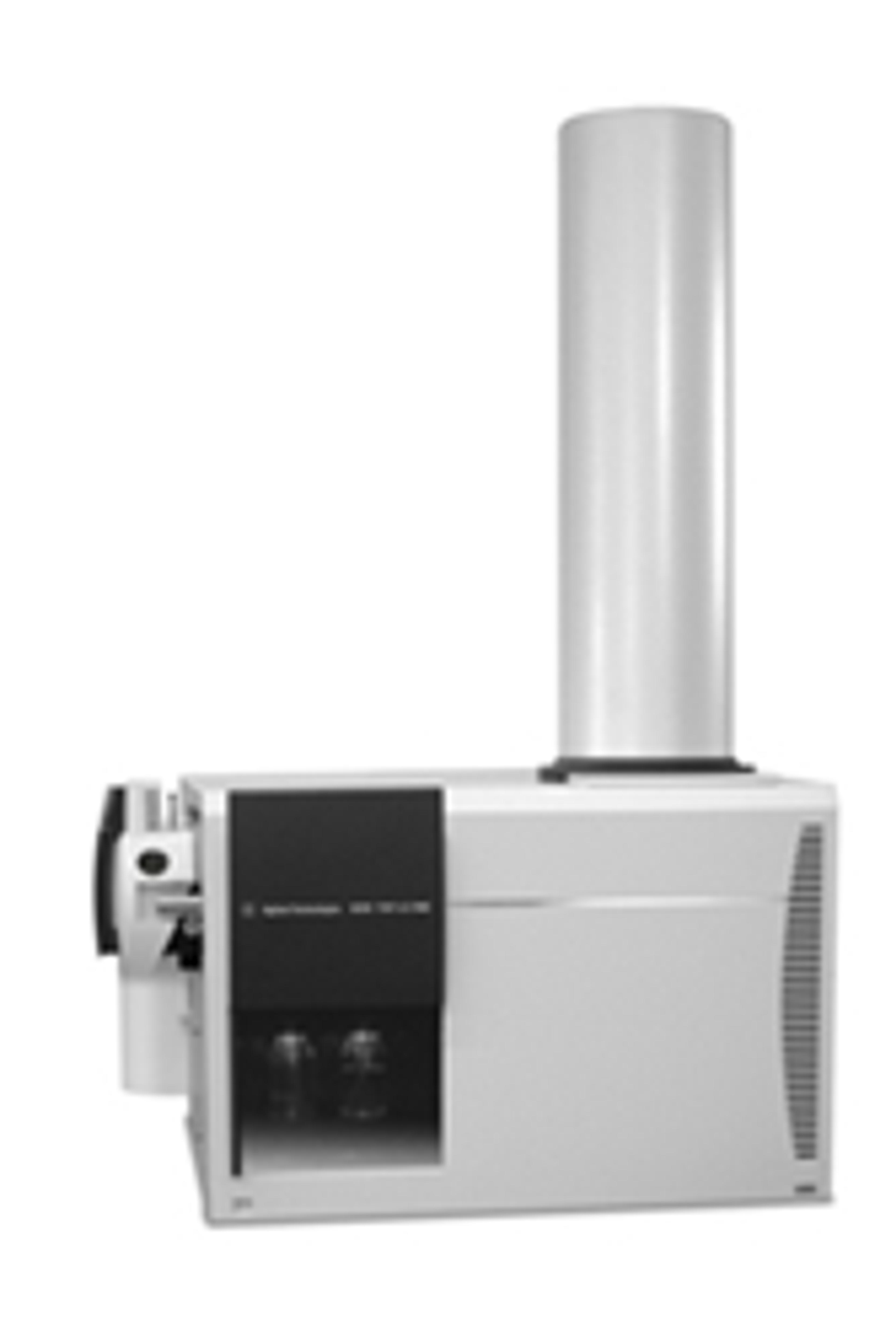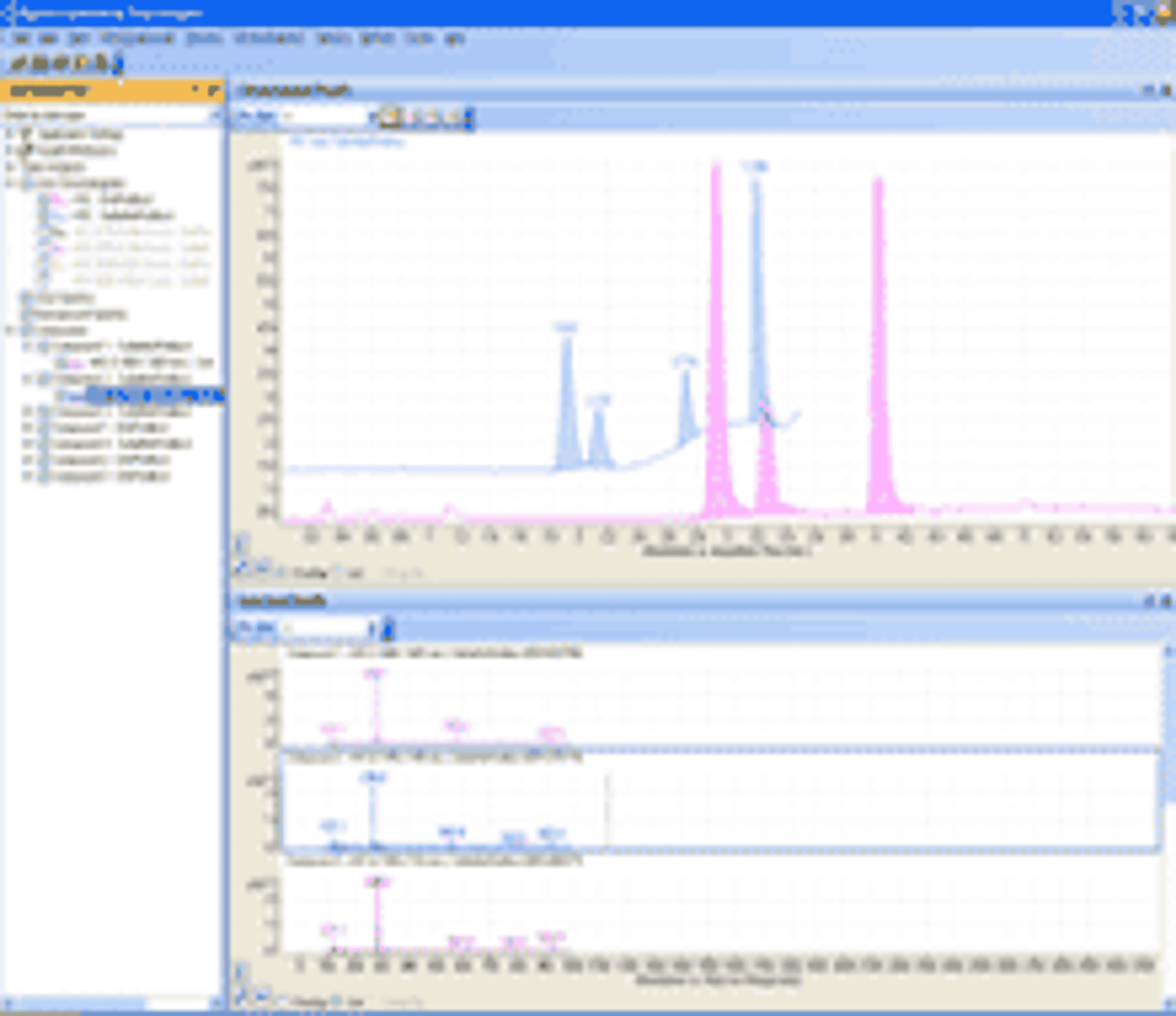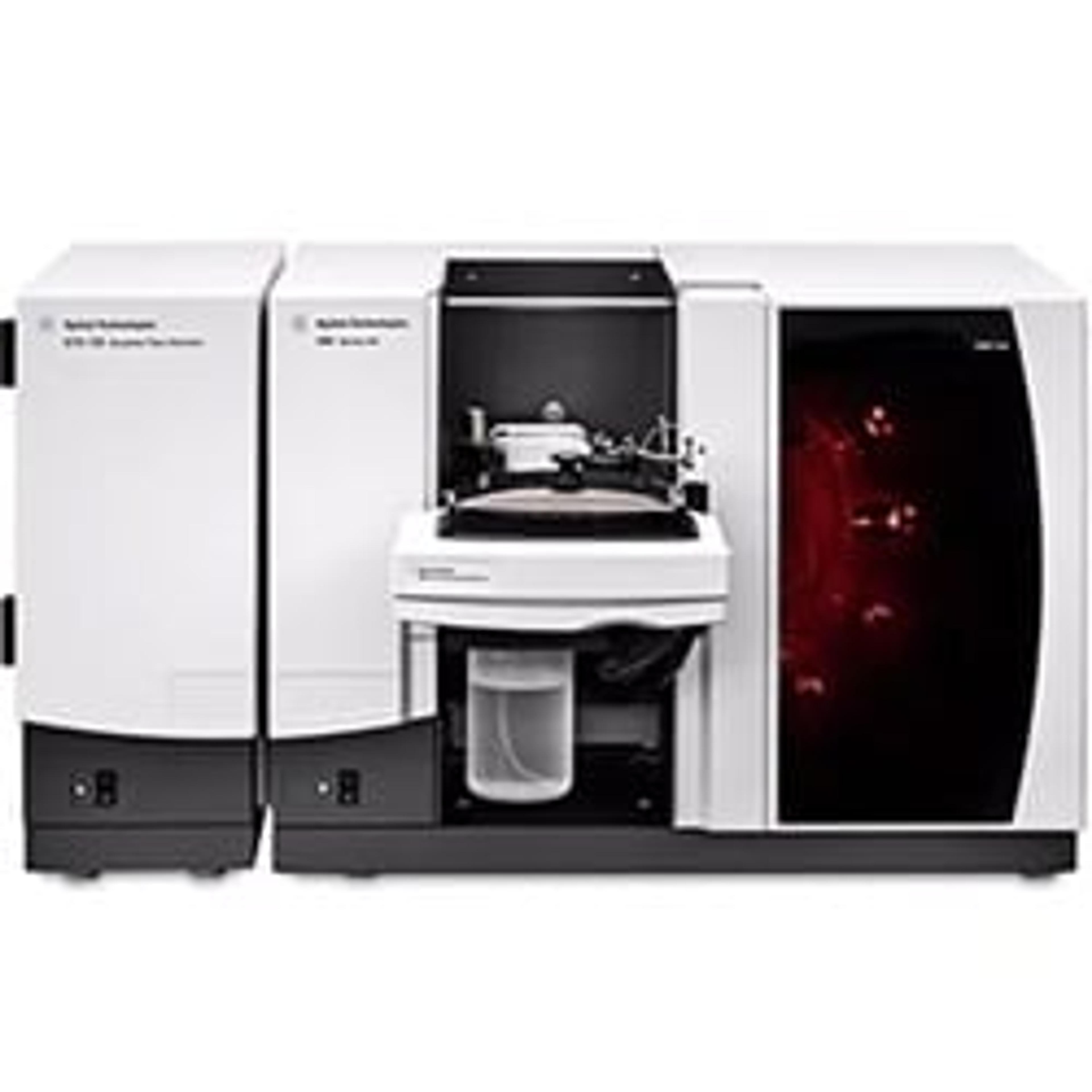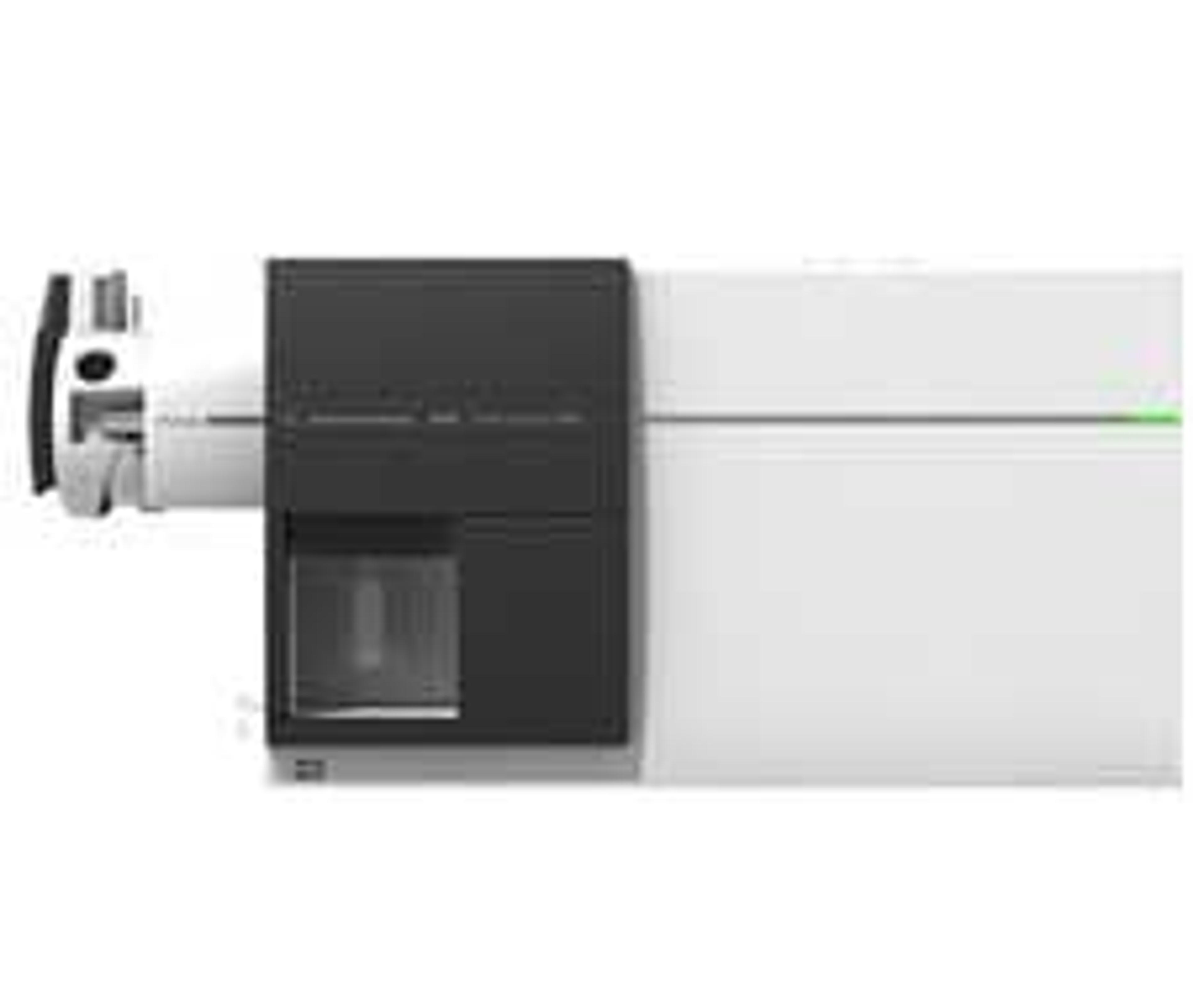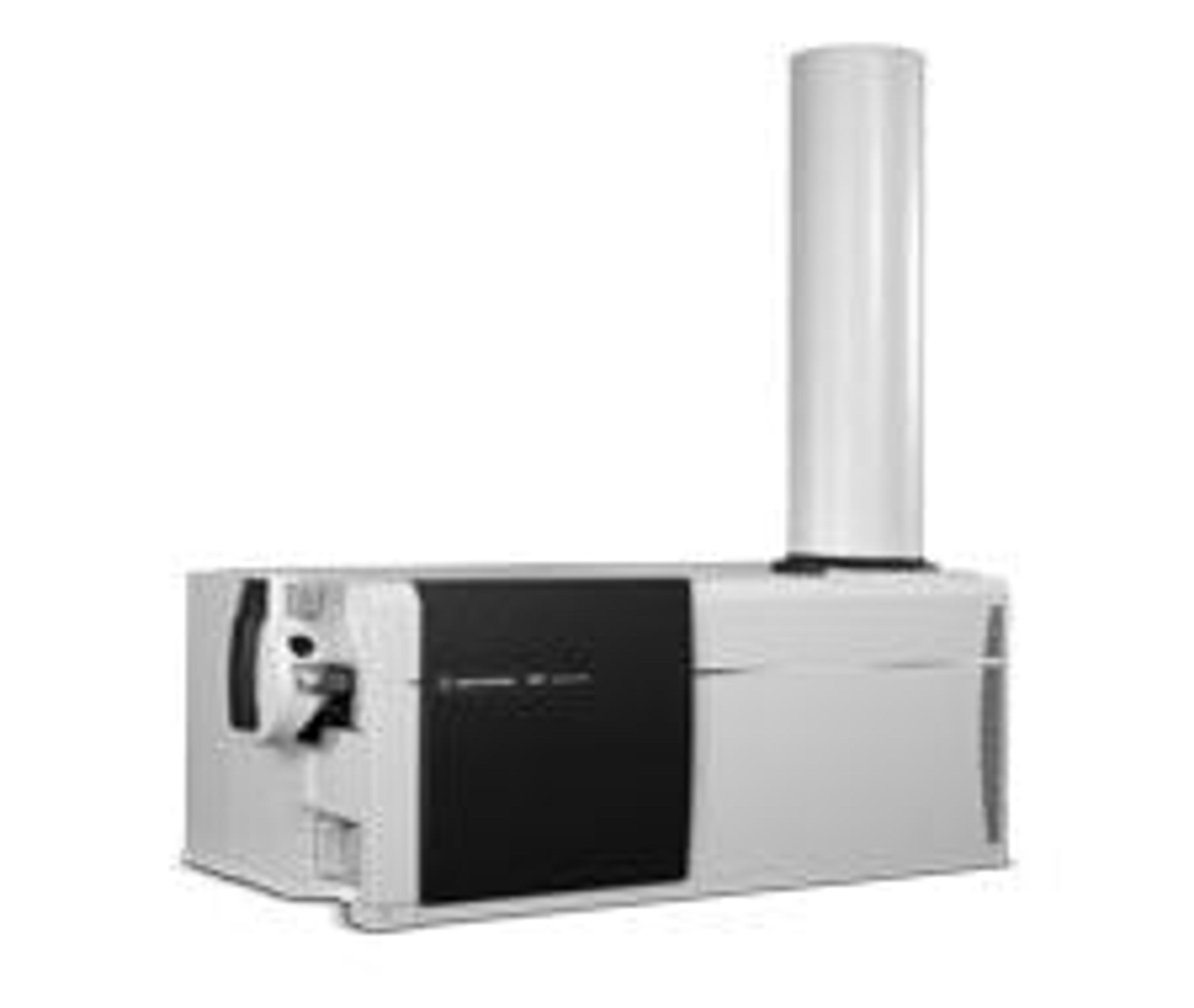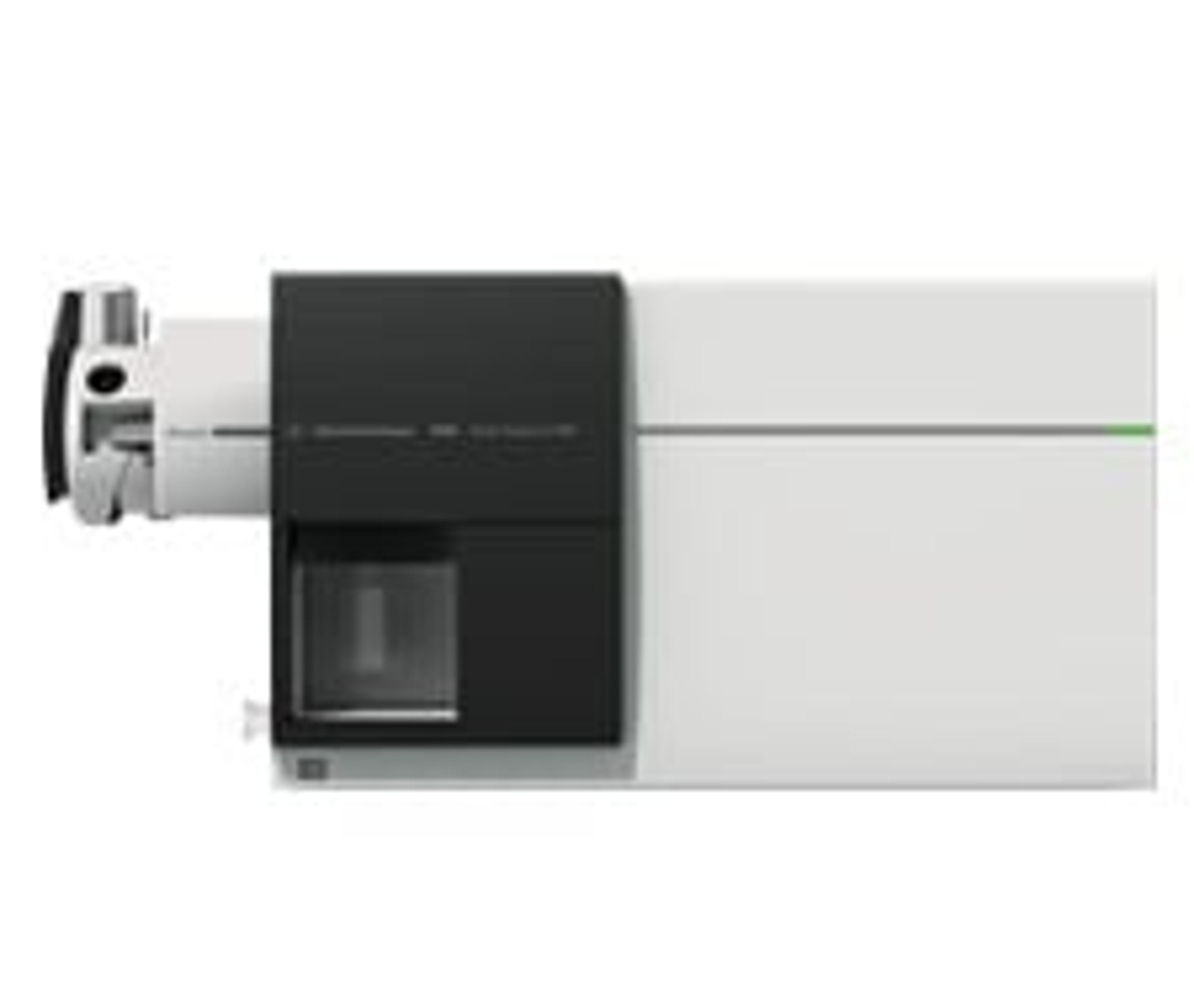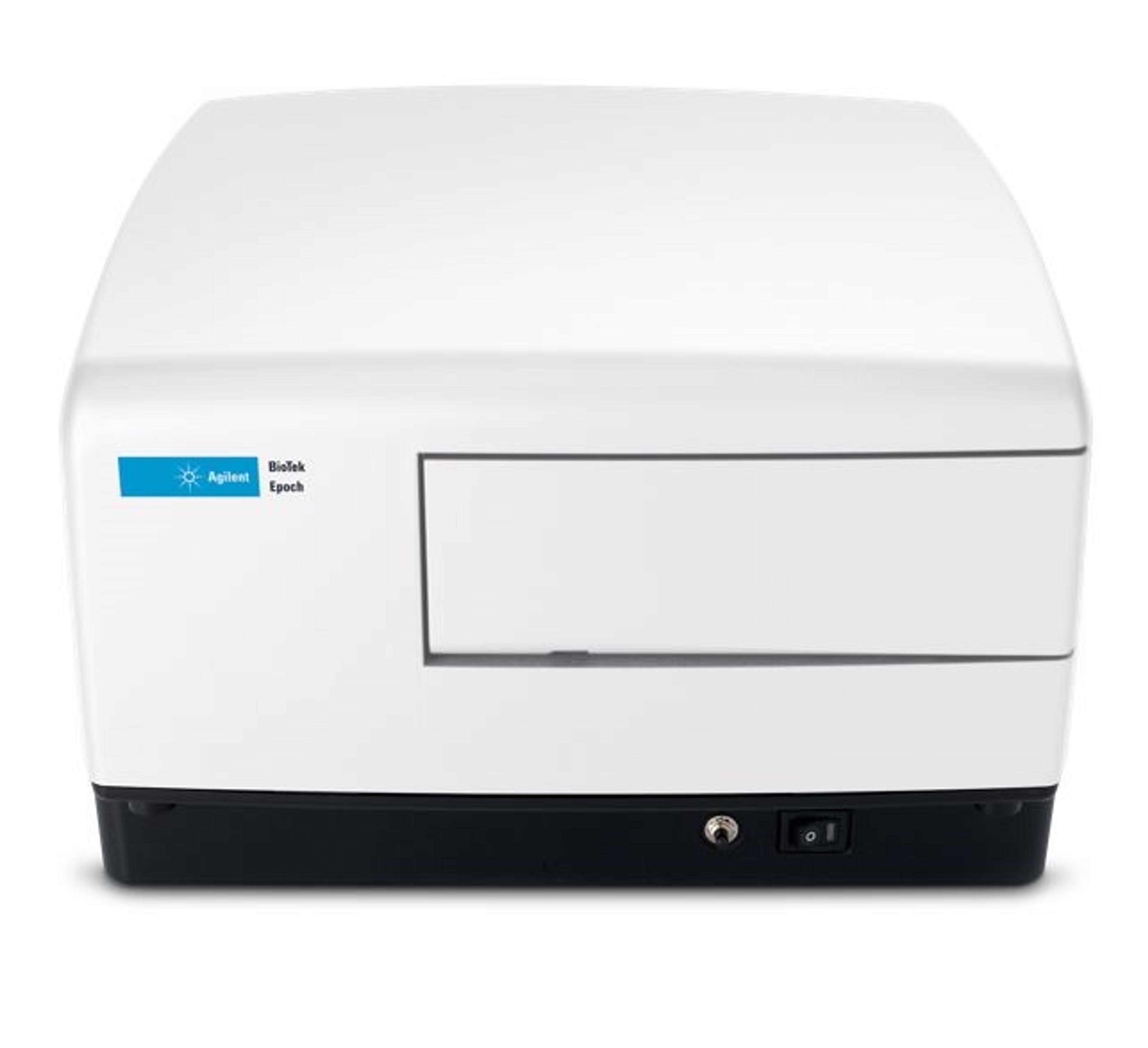8900 Triple Quadrupole ICP-MS
The Agilent 8900 triple quadrupole ICP-MS (ICP-QQQ) is the world’s most successful and widely used tandem ICP mass spectrometer. Available in a range of configurations to cover applications from routine contract analysis to advanced research and high-purity materials analysis, the Agilent 8900 ICP-QQQ redefines ICP-MS performance, delivering results you can trust.
Can't imagine sample analysis without it
Analysis of heavy metals
Easy to use mass hunter software and interface. Makes analysis easy for heavy metals into samples.
Review Date: 9 Jun 2023 | Agilent Technologies
A robust, fast and easy to use equipment.
Analysis of waste water, and clean water
Is a very complete team. It has increased the productivity of the laboratory, valid for multiple matrices, with a very user friendly software. acceptable technical service, although it needs improvement
Review Date: 8 Dec 2022 | Agilent Technologies
The instrument is necessary for our lab
Analysis of metal in water, chemical
The MDL is better than other manufacturers. The instrument is stable and reliable. The service is quick and good
Review Date: 12 Jul 2022 | Agilent Technologies
Great product
Analyze the human plasma and mice serum samples
Easy to use and easy for maintenance. Performance/Data are consistence.
Review Date: 1 Apr 2022 | Agilent Technologies
Agilent systems are a work horse!
Environmental/Analytical Lab
For the past 25-years, we enjoyed working with Agilent GC, GC-MS, LC-MS and 3-ICP-MS
Review Date: 1 Apr 2022 | Agilent Technologies
Excellent value and durable
Speciation of Toxic Elements in the Environmental behavior in the vicinity of land affiliation
Effective at aiming targets
Review Date: 11 Feb 2022 | Agilent Technologies
Good company to buy from.
Environmental analysis
Great service, product and price.
Review Date: 5 Mar 2020 | Agilent Technologies
Great instrument.
Chemical analysis
Easy to use; particularly for those with no experience.
Review Date: 10 Dec 2019 | Agilent Technologies
various, also in prop 65 chemicals
Effectiveness, as expected. Also, very effective in prop 65 litigation
Review Date: 17 Jan 2019 | Agilent Technologies
Fantastic instrument- getting results with ease
Metals in biological matrices
We are getting great reproducible results!!! The information embedded in the software is helping to create methods that would have taken months to develop.
Review Date: 29 Jun 2016 | Agilent Technologies
The Agilent 8900 triple quadrupole ICP-MS (ICP-QQQ) is the world’s most successful and widely used tandem ICP mass spectrometer. Available in a range of configurations to cover applications from routine contract analysis to advanced research and high-purity materials analysis, the Agilent 8900 ICP-QQQ redefines ICP-MS performance, delivering results you can trust.
The 8900 offers the same matrix tolerance and robustness as Agilent’s market-leading single quadrupole ICP-MS systems, combined with the industry’s most effective helium (He) collision mode. But the 8900 adds tandem mass spec operation (ICP-MS/MS) for unmatched control of reaction chemistry in the collision reaction cell (CRC), making it the world’s most powerful and flexible multi-element analyzer. Let the 8900 ICP-QQQ take control of your interferences and put your results beyond doubt.
Features:
- MS/MS controls the reaction chemistry ensuring consistent, reliable results, even for previously difficult elements like Si, P, and S
- Reaction chemistry resolves isobaric overlaps, which are beyond the capability of high-resolution ICP-MS
- Four-channel cell gas control provides fast, flexible, multi-mode operation
- A suite of pre-set methods simplifies method setup for routine analysis
- Helium mode provides simple, effective control of common polyatomic interferences
- Robust (low CeO/Ce) plasma for unmatched matrix tolerance
- Ultra High Matrix Introduction (UHMI) technology tolerates samples with up to 25% total dissolved solids (TDS)
- High sensitivity and low background provide the lowest detection limits for ultratrace analytes
- Versatility and high performance combine to support advanced research and demanding applications
- Flexible modes of operation (precursor/product ion scan) support research into reaction chemistry modes

